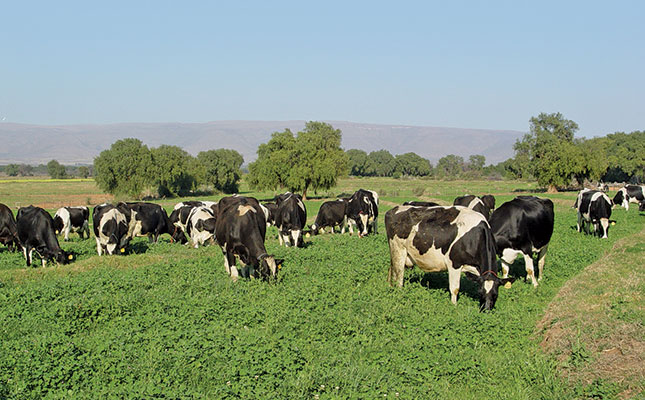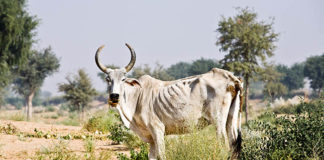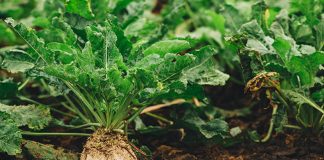
Agriculture and Biosecurity Minister, Damien O’Connor, said scientific testing and tracing confirmed the disease is not endemic, and the cull of 22 332 animals is a critical measure to control its spread.
The bacterial disease, first found in July last year in cattle in the Oamaru area of South Island, can cause a range of serious conditions in cattle, including mastitis that doesn’t respond to treatment, pneumonia, arthritis, and late-term abortions.
It does not infect humans and presents no food safety risk, but is an animal welfare and productivity issue.
The disease is spread from animal to animal through close contact and bodily fluids and by milking equipment. Calves can be infected by drinking milk from infected cows.
Off-farm, the disease is mostly spread through movement of cattle. Farm equipment may play a role in the spread, especially equipment that comes into direct contact with infected animals such as artificial insemination instruments.
Last October, livestock on the properties where the bacteria were first found were culled and work began to clean and disinfect the affected farms and repopulate them.
But as the bacteria continued to spread, the Ministry for Primary Industries made the decision to cull all cattle on all infected farms. Once farms are depopulated and cleaned, owners can start rebuilding a disease-free herd.
It is not known how or when M bovis entered New Zealand, one of the few countries where it is not found naturally.
The government’s culling decision was welcomed by the industry. Beef and Lamb New Zealand policy and advocacy general manager, Dave Harrison, said the decision provided clarity to farmers who had been living with uncertainty.
“This has been a very trying few months for affected farmers who have been restricted from trading, had extra costs, and suffered worry and anxiety about the future,” he said.
“Everyone across New Zealand can understand how incredibly difficult it is for these farmers to lose their herds – many of these animals will be known individually. While we still have challenges ahead in managing this outbreak, these families can move forward with their farms and lives.”













